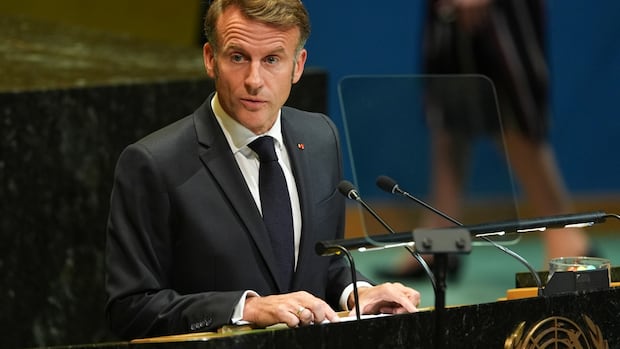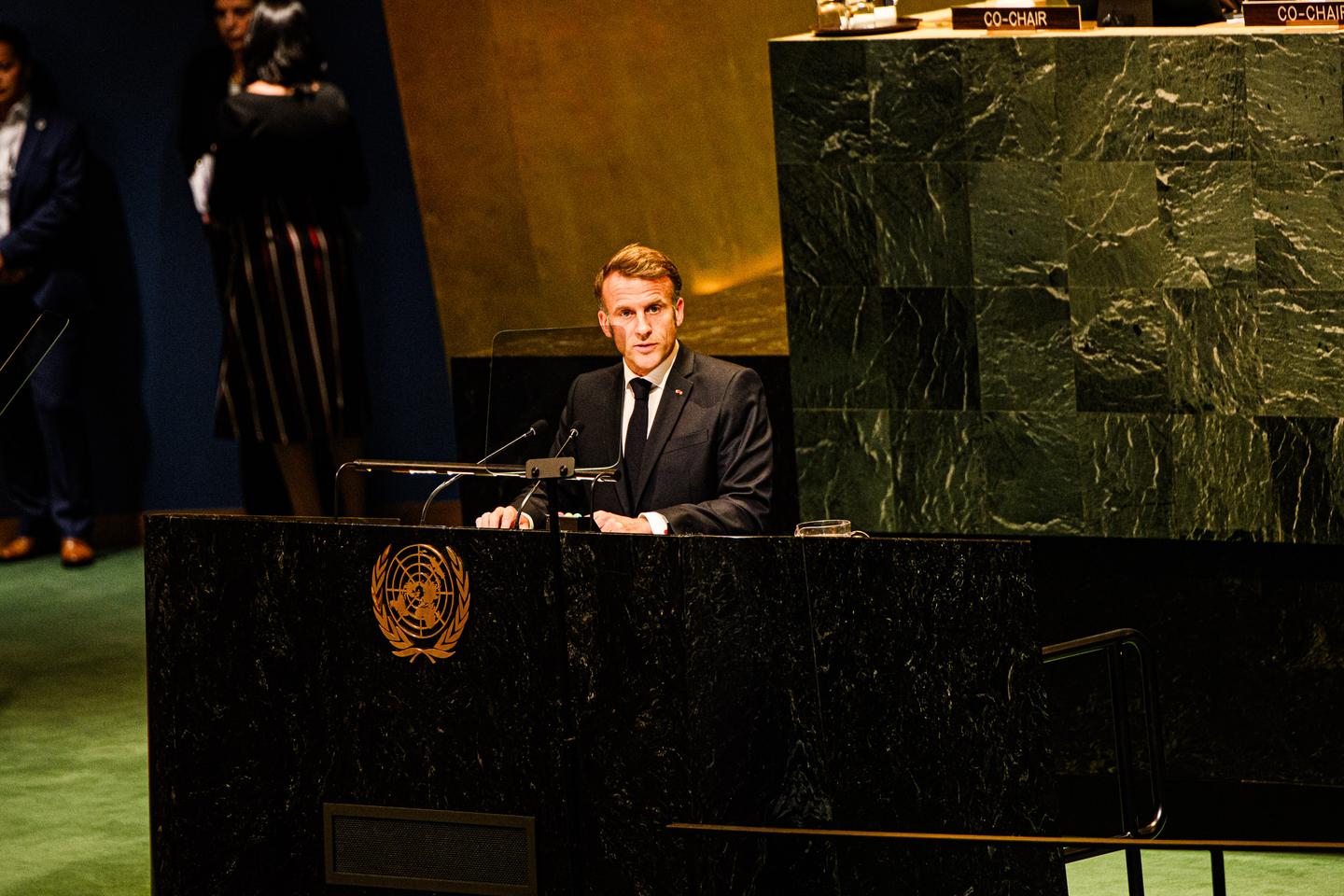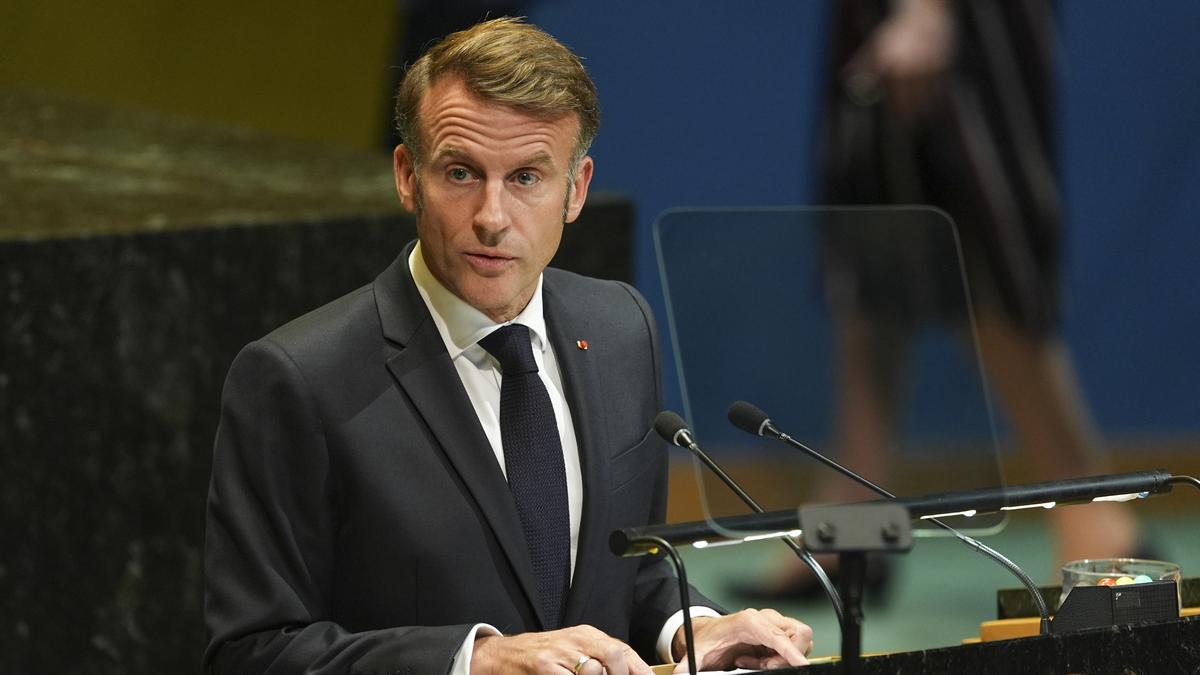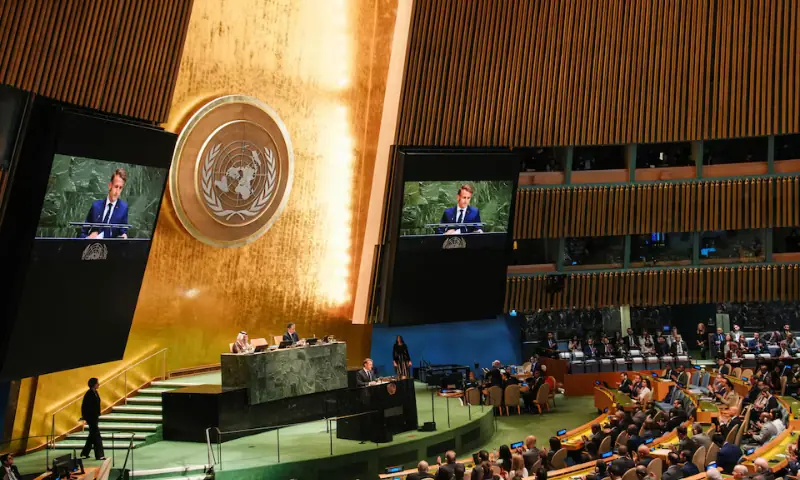Israel and Syria Approach Potential Security Agreement Amid Regional Tensions
Amidst the ongoing conflict in Gaza and diplomatic challenges at the United Nations, reports indicate that Syria and Israel are nearing a bilateral security agreement. This development, while unexpected, could represent a significant shift in the geopolitical landscape of the Middle East.
Details of the Potential Agreement
While not a full normalization of relations akin to the Abraham Accords with the United Arab Emirates and Bahrain, the proposed security agreement between Syria and Israel holds considerable weight. Unlike the Abraham Accords, Syria shares a militarized and contested border with Israel, making de-escalation a crucial step toward regional stability.
Potential Inclusion of Lebanon
The agreement might eventually involve Lebanon, whose political landscape has shifted following the weakening of Hezbollah. This development opens possibilities for an agreement between Lebanon and Israel, potentially reshaping the dynamics of the region.
Syria's Internal Transformation and the Role of Ahmed al-Sharaa
The Syrian Civil War, which began in 2011, significantly weakened the Assad regime. Following the collapse of the dictatorship and the rise of interim Syrian President Ahmed al-Sharaa, efforts are underway to create a more inclusive Syria, potentially including the return of exiled Syrian Jews.
Diplomatic Engagement and Outreach to the Jewish Community
During his visit to the United Nations General Assembly in New York, Ahmed al-Sharaa met with Syrian Jews, fostering a positive impression. Furthermore, the founding editor of The Times of Israel recently visited Damascus with a delegation of American Jews, encountering no hostility and engaging with officials responsible for Jewish community affairs.
Historical Context: The Yom Kippur War and Beyond
Israel and Syria have a history of conflict, most notably the Yom Kippur War in 1973. While Egypt later signed the Camp David Accords and normalized relations with Israel, Syria remained technically at war. The potential security agreement represents a move away from this frozen conflict.
Challenges and Outstanding Issues
Despite progress, several issues remain unresolved. These include the status of the Golan Heights, which Israel annexed in 1981, a move not internationally recognized except by the United States. Syria seeks the return of the territory, a demand Israel is unlikely to concede.
Current Status and Future Outlook
Ahmed al-Sharaa indicated that a security agreement could be finalized soon. The Times of Israel reported that the deal is "99 percent" ready, with only timing and domestic considerations remaining. Israeli Prime Minister Benjamin Netanyahu confirmed progress in negotiations with both Syria and Lebanon, suggesting a potential era of peace with its northern neighbors, even as conflict persists in Gaza.
 Visit the website
Visit the website






